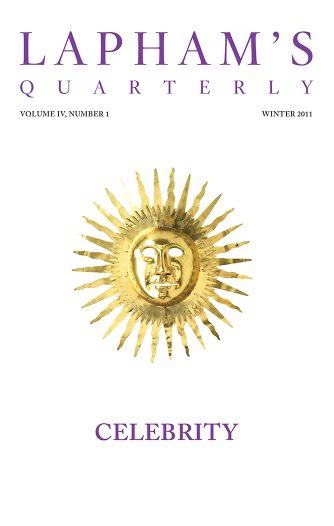The following comparative analysis shows the principal characteristics of the three forms of government:
Autocracy: Authority is derived through heredity. People have no choice in the selection of their rulers and no voice in making of the laws. Results in arbitrariness, tyranny, and oppression. Attitude toward property is feudalistic. Attitude toward law is that the will of the ruler shall control, regardless of reason or consequences.
Democracy: A government of the masses. Authority derived through mass meeting or any other form of “direct” expression. Results in mobocracy. Attitude toward property is communistic—negating property rights. Attitude toward law is that the will of the majority shall regulate, whether it be based upon deliberation or governed by passion, prejudice, and impulse, without restraint or regard to consequences. Results in demagogism, license, agitation, discontent, anarchy.
Republic: Authority is derived through the election by the people of public officials best fitted to represent them. Attitude toward property is respect for laws and individual rights and a sensible economic procedure. Attitude toward law is the administration of justice in accord with fixed principles and established evidence, with a strict regard to consequences. A greater number of citizens and extent of territory may be brought within its compass. Avoids the dangerous extreme of either tyranny or mobocracy. Results in statesmanship, liberty, reason, justice, contentment, and progress. Is the “standard form” of government throughout the world.
A republic is a form of government under a constitution which provides for the election of (1) an executive and (2) a legislative body, who, working together in a representative capacity, have all the power of appointment, all power of legislation, all power to raise revenue and appropriate expenditures, and are required to create (3) a judiciary to pass upon the justice and legality of their governmental acts and to recognize (4) certain inherent individual rights. Take away any one or more of those four elements, and you are drifting into autocracy. Add one or more to those four elements, and you are drifting into democracy.
From a U.S. Army training manual. Atwood was president of the Chicago-based Constitutional Educational Association. His definitions remained in effect for less than five years. “These precise and scholarly definitions…were carefully considered as a proper guide for U.S. soldiers and U.S. citizens by the chief of staff of the U.S. Army,” testified Lloyd Bailey before a Senate subcommittee in 1969. “Hush-hush orders from the White House suddenly demanded that all copies of this book be withdrawn from the Government Printing Office and the army posts, to be suppressed and destroyed without explanation.”
Back to Issue




